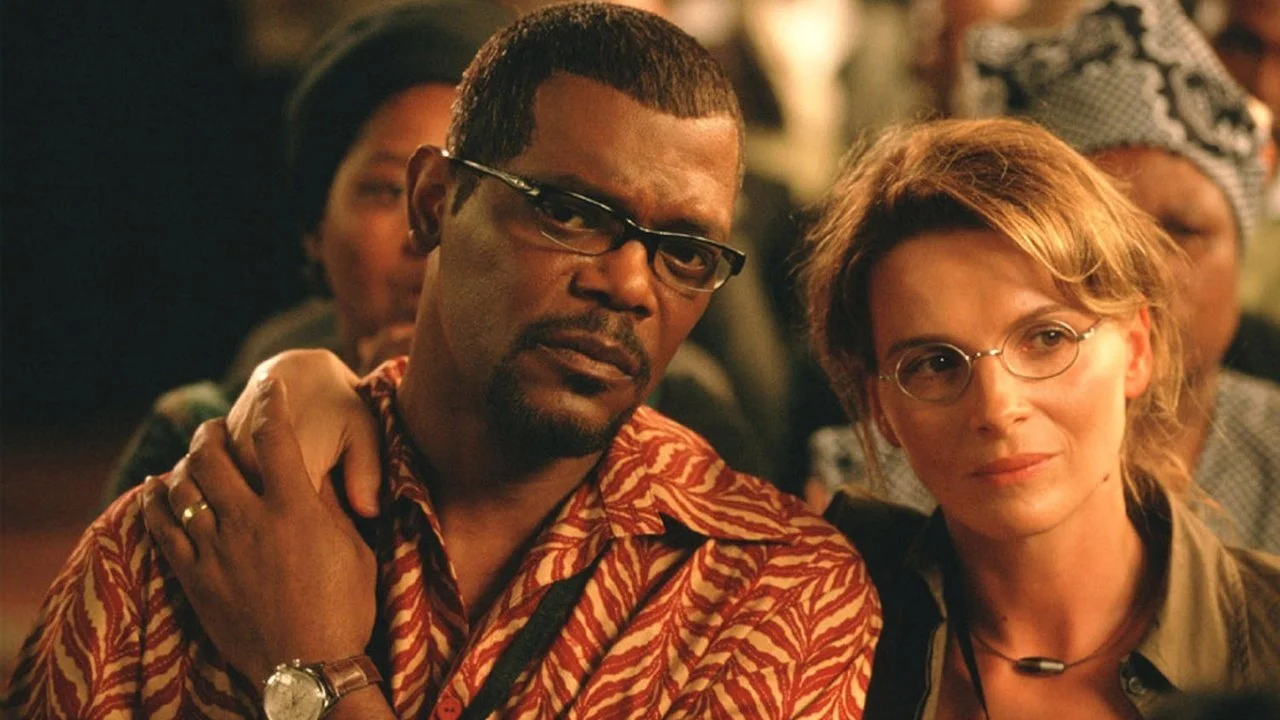🎬 What Can “In My Country” Teach Us About Leadership?
Forgiveness is not weakness. It is wisdom.
The trust will set us free
🚨 SPOILER ALERT!
Based on true events during South Africa’s post-apartheid Truth and Reconciliation Commission, In My Country is more than a political drama—it is a reflection on one of leadership’s most profound challenges:
👉 How do you lead when the past is filled with violence, betrayal, and shame?
The film explores two paths to justice—European-style punishment, and African-style amnesty.
One seeks revenge.
The other seeks truth, healing, and restoration.
And in that choice lies a timeless leadership lesson:
If you want to build the future, you must face the past.
Not with vengeance. But with courageous forgiveness.
🗣 “When you despise yourself, it’s easier to despise others.”
This single line reveals the emotional core of the film.
Hatred doesn’t start with others.
It starts within.
Many of the perpetrators in In My Country committed atrocities, then buried their shame.
And that buried shame turned into cruelty.
Until the only path back to humanity… was confession.
At LeaderNess, we’ve seen this too:
Leaders who don’t accept themselves often project fear, control, or blame onto others.
That’s why forgiveness—especially self-forgiveness—is not soft. It is foundational.
It creates the inner safety required to lead with strength, humility, and clarity.
🌍 Ubuntu: I Am Because We Are
At the heart of the African approach to justice is ubuntu.
A philosophy that says:
“I am because we are.”
It’s the opposite of isolation.
It recognizes that even in our darkest moments, we remain interconnected.
Leadership in this model isn’t about individual perfection.
It’s about shared humanity.
It’s about making space for others to be whole again—because we, too, are trying to heal.
🔓 “The Truth Will Set Us Free”
The film doesn't offer easy redemption.
There is pain. Horror. Denial. Rage.
But when truth is spoken—when it is held, witnessed, and received—something happens:
People begin to breathe again.
The truth does not erase the crime.
It simply releases the grip that silence and shame have on the future.
This is what transformational leadership looks like:
You don’t ignore the past.
You don’t excuse it.
But you create space for truth to be acknowledged—so healing can begin.
💡 The LeaderNess Model in Action
In My Country mirrors the journey we see in personal and organizational leadership:
🔹 Find – the fear, guilt, or pain that’s fueling blame or denial
🔹 Feed – the courage to speak the truth, to forgive, to reconnect with your humanity
🔹 Fuel – a culture of compassion, accountability, and shared purpose
Forgiveness doesn’t mean there are no consequences.
It means you choose growth over revenge.
Peace over punishment.
Compassion over punishment.
✨ Final Reflection
In My Country asks us to choose a different kind of justice.
One rooted not in retribution, but in reconciliation.
In ubuntu.
In truth.
In forgiveness.
💬 Because when leaders learn to forgive themselves, they stop leading from fear—and start leading from freedom.


